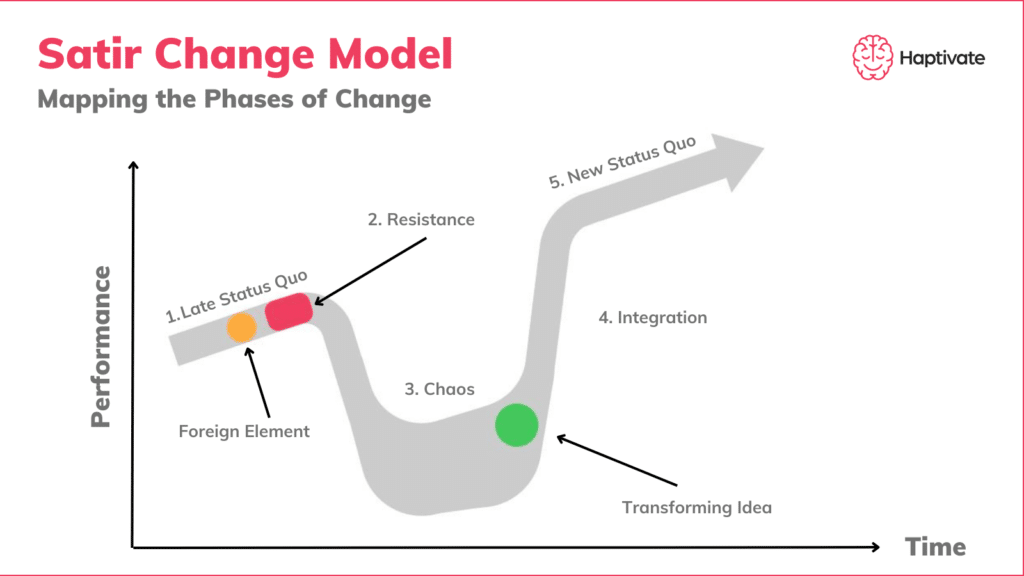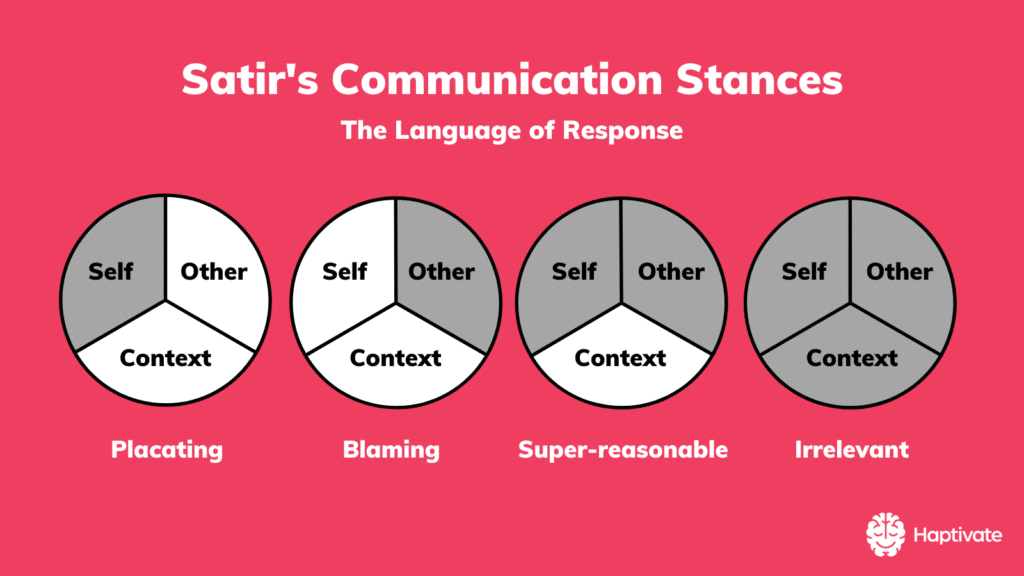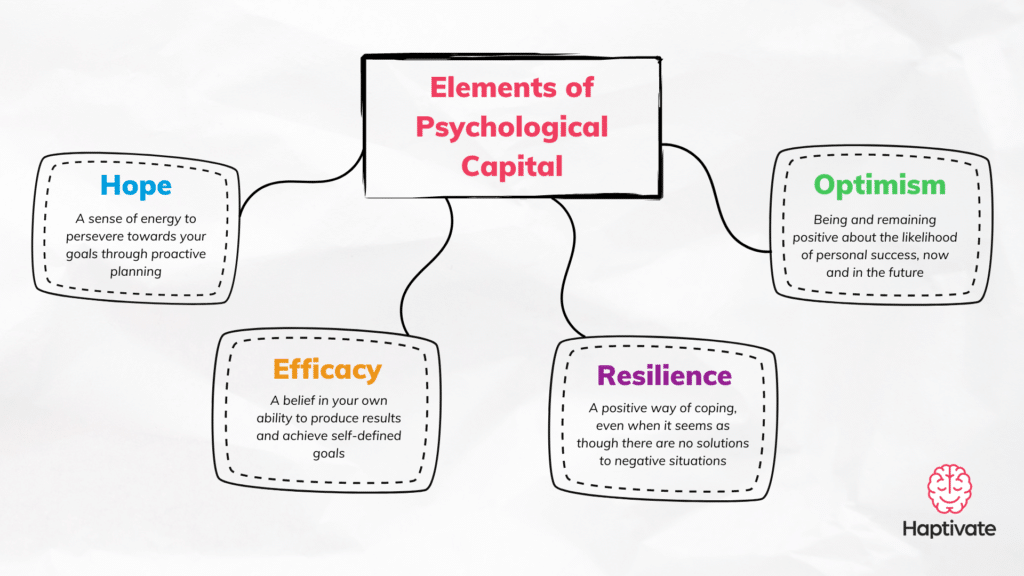Resilience Examples: How to Bounce Back Stronger

When things get tough, whether it’s in the workplace or in our home lives, there’s a personal quality that many of us rely on: resilience.
It’s human nature to struggle with difficult situations, feelings, and negative thinking, so greater resilience helps with:
- Our overall well being when we’re feeling overwhelmed
- Supports feeling greater self-confidence
- Is helpful at work, in a job interview, and in our personal lives.
When you think of a resilient person you may already know, it’s likely that they can recover quickly and bounce back, seek support, have a positive attitude, and overcome obstacles, natural disasters, or personal challenges in a way that leaves them stronger or wiser.
While some people have natural resilience, it’s clear that for many of us, cultivating resilience is increasingly helpful. In a volatile, uncertain, chaotic, and ambiguous world,1 all of us need to manage stressful situations.
But what does it mean to be resilient? How do we know when we’re using healthy activities and positive self talk that help us build resilience versus unhealthy coping strategies? Looking at real-life resilience examples can provide a valuable perspective.
Table of Contents
3 Resilience Examples to Help You Check if You’re Thriving or Have Unhealthy Coping Mechanisms
1. You overcome challenges in a more mature way
The methods we use to overcome barriers and negative emotions2 can influence how effectively we dial down our psychological distress. Ideally, our coping skills allow us to remain connected to the reality of our situation whilst bringing us some relief.
Research suggests that emotionally resilient people who use anticipation (AKA planning and preparation), humour (a great source of positive emotions!) and altruism (helping others) enjoy more success both at work and in their relationships.3 The latter is itself a key factor in feeling good and like you’re functioning well4 in life – also known as thriving.
By contrast, the less resilient behaviours of acting out, denial, and being passive-aggressive are all found in those who struggle to process or draw wisdom from their emotional experiences.
Being able to process and express what we have overcome helps us look after our mental health and develop post-traumatic growth.5
Get free access to wellbeing resources, news and research
Get access to the exclusive Haptivate Wellbeing Resource Hub and stay up to date with all the latest wellbeing at work research, tools and tips by joining our monthly newsletter. We promise not to share your data or spam you with irrelevant information 🙂
2. You can keep or regain your mental flexibility
Something that helps us be open and adapt to our experiences is psychological flexibility.6 A key aspect of this is self-compassion (a way of treating ourselves with kindness and support), which encourages mental resilience, mindfulness, and emotional resilience.
It’s the aim of Acceptance and Commitment Therapy/Training,7 which involves making contact with your inner experience, the situation you’re in, and taking appropriate action in line with your values.
Research suggests that a higher level of psychological flexibility is associated with being more resilient, whereas being inflexible is associated with increased levels of sick leave for those experiencing chronic pain and anxiety.8
Real-life examples of resilient people
- Martha Lane Fox -Entrepreneur suffered a car crash shortly after leaving LastMinute.com, the game-changing website she co-founded. Despite living in constant pain, she now advocates for women’s rights and social justice as a part of her wider charity work
- Lewis Hamilton – 7-time Formula 1 World Champion has used his experience of racism to launch a foundation to help underrepresented groups take part in F1
- Gareth Southgate – England Football Team Manager has used his experience of missing the crucial penalty at Euro 1996 to steer the team to the final of Euro 2020, helping the national team reach a major tournament’s final for only the second time
- Tina Turner -Singer escaped domestic violence to become the oldest female solo artist to top the Hot 100 at the age of 44
3. You can respect multiple needs at the same time
A big part of resilience is how you communicate and help make a situation better rather than worse.
One of the biggest innovations to come into project management and organisational change is the Agile9 process, originally based in software development. If you’re aware of this, you may have already encountered Satir’s Change Model,10 based on the work of family therapist Virginia Satir.

In case you’re not familiar with it, the Satir Change Model is a framework for understanding how people respond when they experience a significant change. It has six stages: Late status quo, Resistance, Chaos, Integration, Practice, and New status quo.
This offers a roadmap to understand how change affects us and can help us to develop helpful skills and coping mechanisms in response. For example, when we’re in the Chaos stage, we may feel particularly overwhelmed, so ideas that are short and simple to remember are the easiest to put into practice.
What is less well known but certainly no less valuable are her “Communication Stances”, which can help you respond more effectively to challenges with greater self-awareness:

- If you focus on yourself and the situation, you’re probably blaming, judging, and finding fault, which blocks your ability to take personal responsibility, develop resilience, and grow.
- If you focus on the other person and the situation, you’re in danger of placating and people-pleasing at the expense of your own self-worth, blocking your ability to connect with your own sense of agency.
- If you stay focused on the context alone, you can sound objective and super-reasonable, but you block your ability to connect authentically with others and risk denying the difficult emotions that are unconsciously driving your decision-making process.
- If you ignore yourself, the other person, and the context you share? Unsurprisingly, others will consider you irrelevant, and you block your ability to impact the situation you’re in.
- If you’re able to express your thoughts and feelings in a clear, direct, and honest way, without blaming, placating, being super-reasonable, or irrelevant – congratulations! This is known as levelling and shows congruence, consistency, and authenticity. Being able to respect multiple needs at the same time opens up many possibilities in how you respond.
A great technique that can help you work through conflict and build a positive mindset is “benign judgement”.
Discover how to use it with our Benign Judgement Cheat Sheet and get access to all our free wellbeing at work resources
Remember: Building Resilience Takes a HERO
Finally, it’s important to remember that, while resilience skills are increasingly important, they’re not the only route to high performance in the workplace.
If you want your team, department, or organisation to thrive, Psychological Capital – the inner resources we can draw on to manage difficult situations – adds the key skills of hope, optimism, and self-efficacy (a belief in your own abilities to create results), alongside resilience. All are positively related to job satisfaction and employee performance.11

Research suggests that these factors help us to develop skills and further psychological, cognitive, and emotional resources when building resilience and a growth mindset. So it’s important to consider these when you’re looking for resilience training courses, educational resources, and other ways of helping employees build their wellbeing skills.
We hope that these examples of resilience have been useful! How do you demonstrate resilience in your own life, and how would you like to cultivate more resilience at work and in your personal life?
For a personalised approach to building resilience, why not start with our Free Workplace Wellbeing Assessment? This tool is designed to help you understand where your team stands and how best to support their growth in resilience.
If you’d like to organise something quick and effective for your team, check out our instant-book resilience webinar.
And if you’re ready to dive deeper… our employee workshops are tailored to build on the insights gained from your assessment, enhancing resilience skills that make a real impact.
Need a Hand?
If you’re searching for a partner to help improve wellbeing and happiness in your workplace, get in touch with a friendly member of our team. We’re here to help you reach your goals.

Anya Pearse MAPP
Positive Psychology Writer
Get in touch
Other articles that may interest you…
10 Top Wellbeing at Work Ideas From Leading Organisations
Mental Health First Aid (MHFA): How Can It Enhance Wellbeing at Work?
How to Measure Employee Wellbeing: From Intuition to Actionable Insights
How to Build a Successful Employee Wellbeing Programme
- https://www.tandfonline.com/doi/abs/10.5437/08956308X5601003?journalCode=urtm20
- https://www.frontiersin.org/articles/10.3389/fpsyg.2021.718440/full
- https://www.ncbi.nlm.nih.gov/pmc/articles/PMC3767455/#:~:text=Mature%20defenses%20(e.g.%2C%20sublimation%2C,less%20adaptive%20but%20are%20found
- The Good Life: Lessons from the World's Longest Scientific Study of Happiness
Book by Marc S. Schulz and Robert J. Waldinger - https://www.apa.org/monitor/2016/11/growth-trauma
- https://www.frontiersin.org/articles/10.3389/fpsyg.2019.01302/full
- https://contextualscience.org/act
- https://doi.org/10.3389/fpsyg.2019.02016
- https://www.apm.org.uk/resources/find-a-resource/agile-project-management/
- https://stevenmsmith.com/ar-satir-change-model/
- Abbas, M., Raja, U., Darr, W. A., & Bouckenooghe, D. (2012). Combined Effects of Perceived Politics and Psychological Capital on Job Satisfaction, Turnover Intentions, and Performance. Journal of Management, 40(7), 1813–1830.
https://journals.sagepub.com/doi/abs/10.1177/0149206312455243






